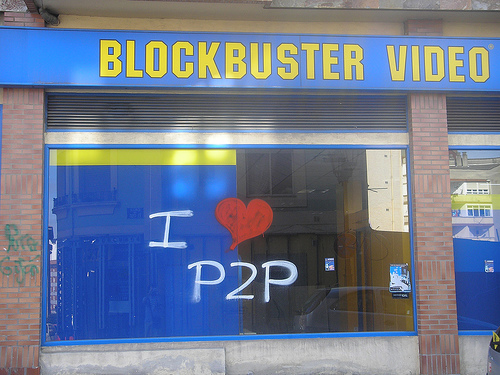El reto de ser…y de permanecer

En una economía signada por la velocidad de las innovaciones tecnológicas, las grandes compañías de hoy pueden ser sólo un recuerdo en la próxima década. Claves y desafíos para los líderes de negocios.
Si hay una característica que define a la nueva economía digital es el impulso irrefrenable hacia la innovación. Desde hace un par de décadas, los avances tecnológicos vienen transformando por completo nuestro modo de vivir. A nivel corporativo, estos cambios tampoco han sido menores: los negocios ya no son lo que eran y los “ciclos de vida” de las empresas, tampoco.
Para ilustrar la profundidad de estos cambios vale la pena volver a pronunciar nombres como Netscape, ICQ o Blockbuster . ¿Cómo es que marcas que parecían estar revolucionando sectores estratégicos de la economía fueron perdiendo fuerza hasta extinguirse casi totalmente?
Ecosistemas y plataformas

La pregunta clave entonces es: ¿qué significa adaptarse? El analista Haydn Shaughnessy ofrece pistas más que interesantes en un reciente artículo publicado por Forbes. Bajo el sugerente título de "Here´s why Google and Facebook will not disappear in five years time" (Porque Google y Facebook no desaparecerán en cinco años) Shaughnessy aborda el caso de los gigantes de la web.
Antes que revelar fórmulas mágicas, Shaughnessy (co-autor, junto a Nick Vitalari de The Elastic Enterprise) enfatiza los modelos de negocio que tanto Google como Facebook han sabido generar a su alrededor. El autor apunta que una plataforma incluye tanto un entorno de software como un conjunto de reglas claras dentro de un determinado ecosistema. Y sostiene que las plataformas exitosas se basan precisamente en un grupo de individuos y compañías cuya interacción no sólo potencia el negocio global del dueño de la plataforma sino de todos los que intervienen en ella.
Para ejemplificar esto último, simplemente pensemos en todos los expertos SEO que surgieron y se consolidaron para interpretar acertadamente el algoritmo de Google, o en la enorme comunidad de redactores de marketing alentada y conformada según los criterios de AdWords. De modo similar, el ecosistema de Facebook equivaldría a todas las compañías que encontraron en la red social una enorme variedad de usos para promover sus propios productos, algo que con MySpace –por ejemplo– jamás ocurrió.
La era de la flexibilidad
Escuchamos a menudo que vivimos en la era de la información y nadie pone en duda lo que esa expresión encierra. Pero también vivimos en la era de la volatilidad de los negocios y esto significa que las estructuras corporativas no son inamovibles ni eternas. Bien al contrario, los líderes de negocio de la economía digital están lidiando con una serie de cambios de paradigma cuyo alcance definitivo todavía estamos midiendo.
Como vimos en los artículos precedentes, estos conceptos indican nuevas formas de gestión empresarial más flexibles que podemos resumir en las siguientes cuatro acciones:
- Innovar. De manera continua y fundamentalmente en dos áreas críticas para la economía del conocimiento: el marketing y los sistemas tecnológicos.
- Motivar. Los líderes de hoy deben ponerse al frente de equipos flexibles y entusiastas.
- Posicionar. No se trata sólo de estar online sino de ser realmente visible a los ojos de los consumidores, generando una relación fluida y cotidiana con ellos.
- Dinamizar. Implica generar una estructura de trabajo flexible encontrando los socios indicados para potenciar la eficiencia de la estructura de negocios.
La adopción de este enfoque corporativo no sólo es una necesidad que imponen las reglas del juego actuales. En verdad, su implementación inteligente definirá si nuestra compañía se insertará en ecosistemas de negocios rentables y, sobre todo, permeables a los cambios.


